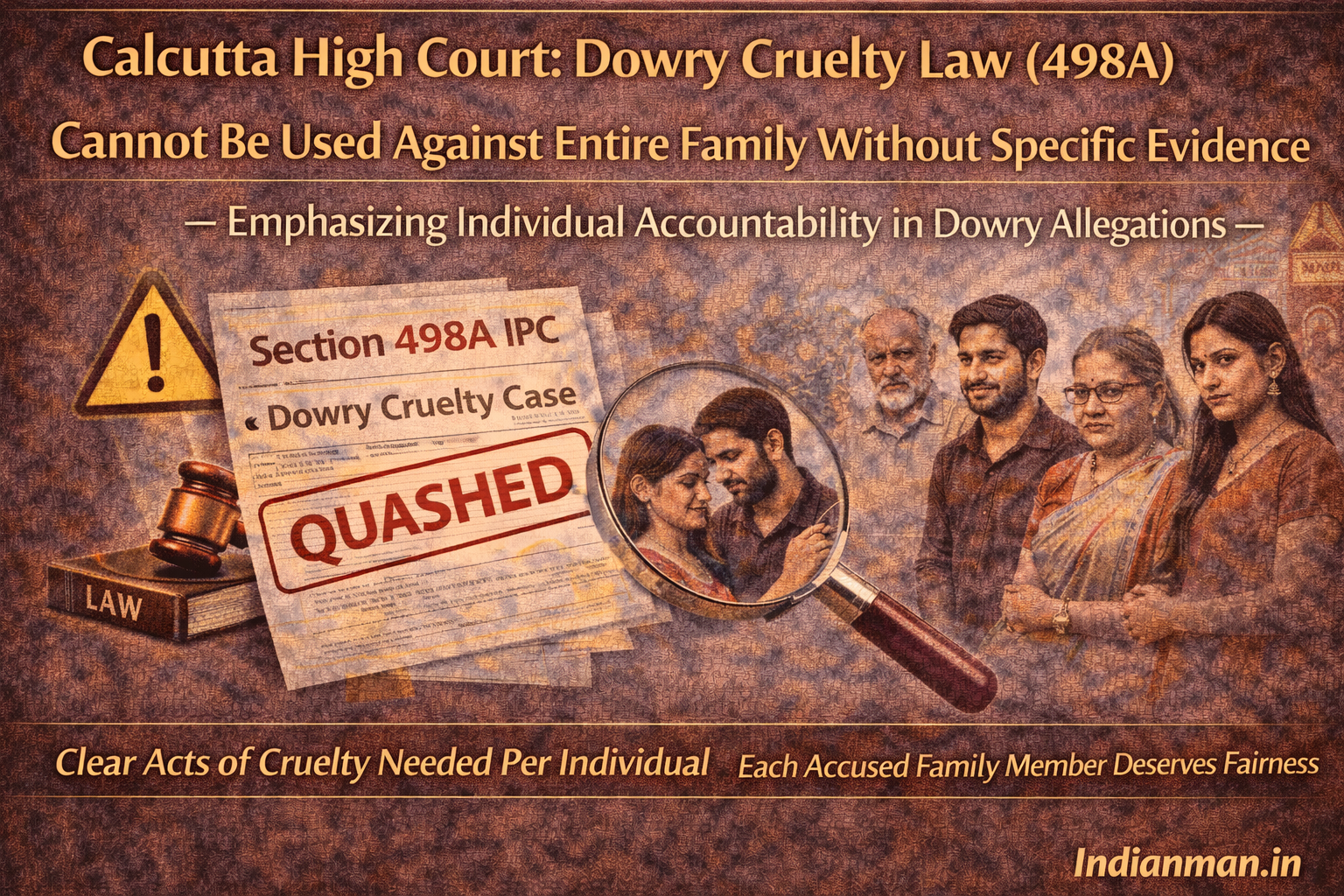Allahabad High Court Orders Man to Undergo DNA Test or Pay Child Maintenance
The Allahabad High Court recently ruled that a man must either pay maintenance for children he claims are not his or undergo a DNA test to prove his claim. This decision was made while hearing a petition challenging a family court order that directed the man to take a DNA test after he refused to pay child support.
The family court’s order, issued in November 2021, was based on an application by the man’s wife under Section 125 of the Code of Criminal Procedure (CrPC). The man argued that the woman was not his legally wedded wife as she was previously married to another man who had been missing for several years.
He also contended that a court cannot force him to undergo a DNA test without his consent. However, his wife testified that they married in 2007 and had two children together, for whom he had covered all delivery expenses.
The wife further alleged that the father’s name in school records was altered with the school headmistress’s help, leading to a criminal complaint.
To resolve the case, the court reviewed legal principles and precedents regarding DNA tests in paternity disputes, particularly Section 53 of the CrPC, which includes DNA profiling in the definition of “examination.” This amendment was added in 2005, clarifying that modern scientific techniques like DNA profiling can be used in such cases.
The court emphasized the importance of resolving paternity disputes, stating that the best interests of the children must be the primary concern. The right to maintenance is not only a legal provision but also a fundamental human right essential for the children’s survival, growth, and development. Denying maintenance due to unresolved paternity issues would violate their basic human rights.
The court noted that the man cannot deny paternity and refuse a DNA test simultaneously. If he questions the paternity, the only way to verify his claim is through DNA testing. The court clarified that a DNA test is not comparable to other tests like the Narco test, which requires prior consent.
Ultimately, the court ordered the man to either provide maintenance or undergo a DNA test as directed by the family court. Failure to do so could result in an adverse inference under the Indian Evidence Act.
“This Court hereby orders the applicant to either fulfil his obligation of providing maintenance or undergo a DNA test, thereby dispelling any adverse inference drawn pursuant to Section 114, Illustration (h) of the Indian Evidence Act, 1872,” the court concluded.
Be a part our social media community:
Facebook: https://www.facebook.com/IndianMan.in?mibextid=ZbWKwL
Instagram:
https://www.instagram.com/indianman.in?igsh=MWZ2N3N0ZmpwM3l3cw==




